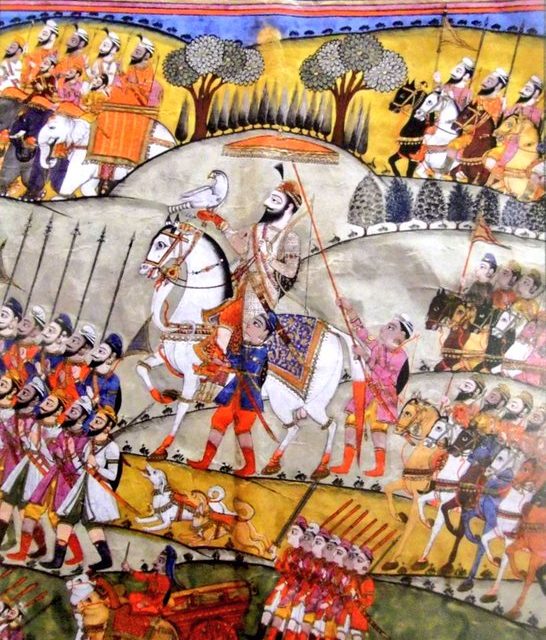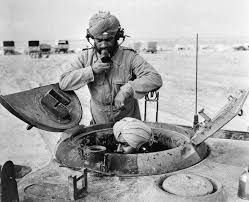GIAN SINGH RAREVALA (1901-1979), administrator and politician, was born on 16 December 1901 at his mother`s village Bhari in Ludhiana district. His own ancestral village was Rara, also in Ludhiana district, where his father Ratan Singh was a bisveddr (fiefholder) of the former princely state of Patiala. Gian Singh having received his early education at Bhari, Samrala and Ludhiana, passed his matriculation examination from Model High School, Patiala, and Bachelor of Arts examination from Mohindra College, Patiala, in 1925. He then entered the Patiala state service as a ndib ndzim (assistant deputy commissioner) and after a year`s training at Patiala he was posted to Sunam.
sardar
Explore the deeper meaning of Aarti in Hinduism and Sikhism, where true worship goes beyond rituals and embraces the beauty of nature and truth.
Explore the profound concept of Aatma and its connection to Paramaatma, God, and the transcendental self in Sikh and Hindu philosophies.
Explore the distinctive and largely unknown Sikh architectural style, with its rich history in gurdwaras, forts, and palaces, by S.S. Bhatti.
Explore the spiritual importance of sarovars, sacred bodies of water at holy sites, symbolizing purity and renewal in various religious traditions.
Explore the profound concept of Aatma and its connection to Paramaatma, God, and the transcendental self in Sikh and Hindu philosophies.
Explore the deeper meaning of Aarti in Hinduism and Sikhism, where true worship goes beyond rituals and embraces the beauty of nature and truth.
Explore the profound concept of Aatma and its connection to Paramaatma, God, and the transcendental self in Sikh and Hindu philosophies.
Explore the deeper meaning of Aarti in Hinduism and Sikhism, where true worship goes beyond rituals and embraces the beauty of nature and truth.







